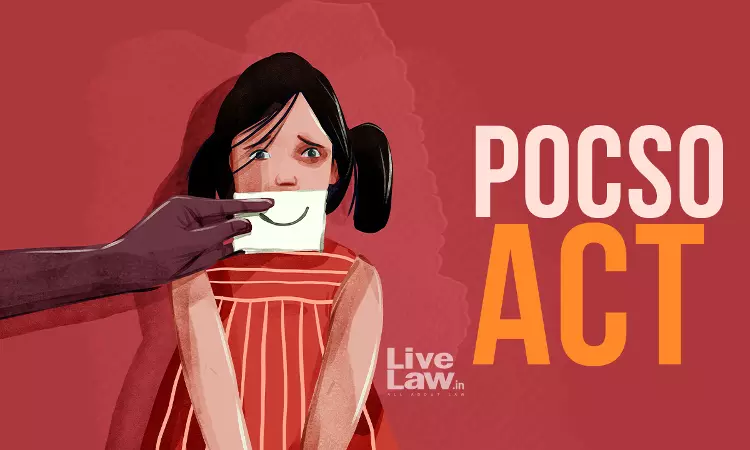
Image Source: livelaw.in
The Protection of Children from Sexual Offences (POCSO) Act was enacted in India to provide a robust legal framework for the protection of children against sexual abuse and exploitation. However, despite the establishment of fast-track courts to expedite the disposal of POCSO cases, there remains a concerning issue of slow disposal rates, hindering the swift delivery of justice.
The Challenge
POCSO cases are sensitive and require timely resolution to ensure justice for the victims and prevent further trauma. Unfortunately, the backlog of cases, complex legal procedures, and challenges in evidence collection contribute to the delay in disposing of these cases.
Factors Contributing to Slow Disposal
Several factors contribute to the sluggish disposal of POCSO cases:
- Backlog: The sheer number of pending cases overwhelms the existing judicial system.
- Procedural Delays: Lengthy legal procedures and frequent adjournments prolong the resolution process.
- Evidence Collection: Gathering substantial evidence in sensitive cases takes time and resources.
- Victim Rehabilitation: Providing support and rehabilitation to the victims further elongates the trial process.
Addressing the Issue
Efforts must be made to streamline the judicial process and address the underlying causes of delay:
- Specialized Training: Provide specialized training to judges and court staff dealing with POCSO cases to enhance efficiency.
- Fast-Track Courts Strengthening: Allocate more resources, including judges, prosecutors, and infrastructure, to fast-track courts handling POCSO cases.
- Use of Technology: Implement technology-driven solutions for case management, evidence collection, and virtual hearings to expedite the process.
- Victim Support Services: Strengthen support services for victims, including counseling and legal aid, to reduce the trauma and expedite their participation in legal proceedings.
- Public Awareness: Conduct awareness campaigns to encourage reporting of such cases and reduce societal stigma.
Conclusion
The slow disposal rate of POCSO cases in fast-track courts is a critical issue that demands immediate attention. Addressing this challenge requires a multi-pronged approach involving judicial reforms, technological advancements, victim support, and public awareness. By enhancing expediency in the disposal of POCSO cases, justice can be swiftly delivered, ensuring the safety and well-being of our children.
It's imperative for stakeholders, including the judiciary, law enforcement, government, and society as a whole, to collaborate and take concerted efforts in resolving this pressing issue.